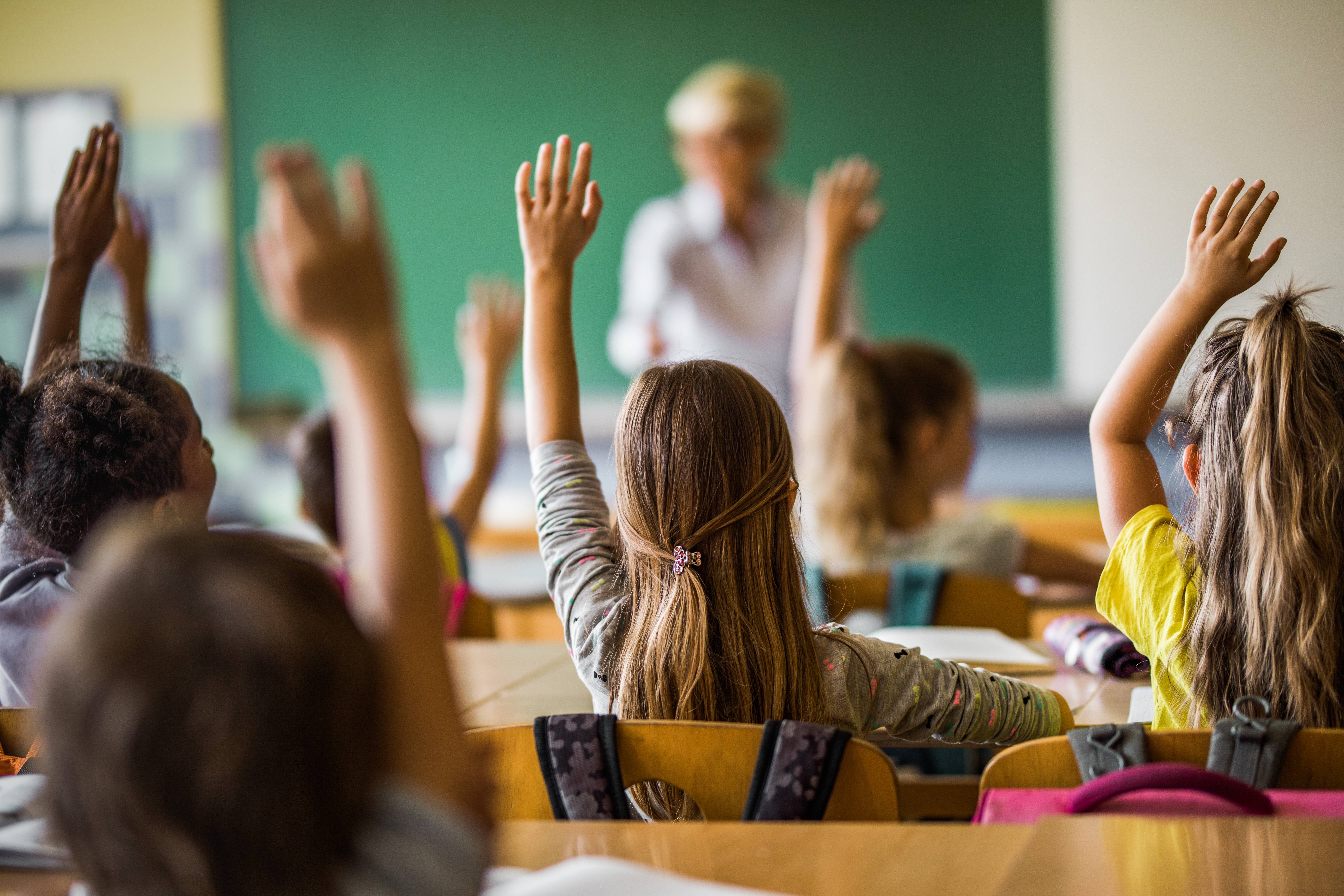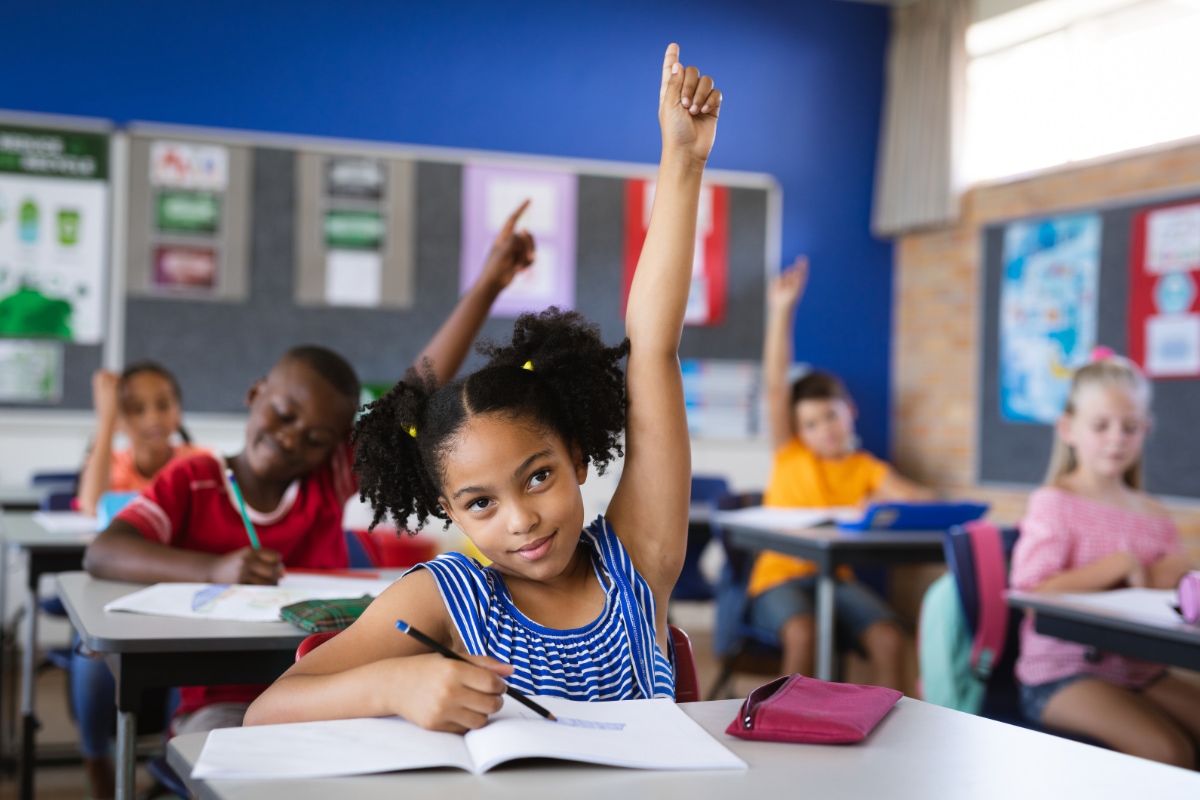Check Out the Challenges Facing Our Community: Save Temecula Schools
Check Out the Challenges Facing Our Community: Save Temecula Schools
Blog Article
Understanding the Importance of Colleges in Child Advancement and Community Development
Colleges' involvement with neighborhood communities with service-learning initiatives strengthens the bond between family members and instructional establishments. This cooperative connection emphasizes the relevance of colleges in nurturing energetic citizenship and long-lasting knowing habits.
Academic Accomplishment
Academic achievement functions as a cornerstone of kid advancement, providing the structure whereupon future learning and success are constructed. Colleges play a pivotal role in cultivating this scholastic growth, supplying structured settings where youngsters can acquire necessary understanding and cognitive skills. Standardized curricula make certain that trainees gain effectiveness in core subjects such as maths, science, and language arts, which are crucial for both higher education and learning and expert opportunities.
In addition to presenting fundamental scholastic abilities, colleges likewise grow vital reasoning, analytical abilities, and intellectual interest. These cognitive expertises are essential for navigating intricate real-world situations and adapting to the ever-evolving demands of the contemporary workplace. Teachers, as facilitators of knowing, use diverse pedagogical strategies to deal with diverse understanding designs, thereby taking full advantage of individual student possibility.
Moreover, academic success is closely linked to self-worth and motivation. Children who experience academic success are extra most likely to develop a positive self-concept and a long-lasting interest for learning. Schools likewise supply different sources, such as collections and technology, which further enhance the academic experience and prepare trainees for a technically sophisticated culture.
Social Ability Advancement
Beyond academic accomplishment, the duty of institutions in social skill development is important. Schools act as a main venue for children to learn and exercise vital social skills such as dispute, communication, and collaboration resolution. In the structured atmosphere of a class, trainees communicate with peers, teachers, and other school staff, offering many opportunities to create these crucial capacities.
Reliable social ability growth in schools is facilitated via team tasks, collaborative tasks, and extracurricular programs. These interactions help trainees understand social standards, develop compassion, and cultivate a sense of community. For example, team tasks instruct pupils exactly how to interact in the direction of an usual objective, listen to different point of views, and browse disagreements constructively.

The cultivation of social skills during academic year lays a foundation for future personal and specialist relationships. Save Temecula Schools. As pupils develop, the capacity to efficiently interact and team up comes to be increasingly important, underscoring the school's vital duty in holistic youngster growth
Direct Exposure to Variety
Exposure to diversity in institutions is essential to promoting an inclusive attitude and widening pupils' viewpoints. Schools function as a microcosm of the broader society, and experiencing diverse societies, languages, and socioeconomic backgrounds within this atmosphere furnishes pupils with vital skills for navigating a progressively globalized world. This direct exposure motivates empathy, decreases prejudices, and promotes shared respect amongst peers.
Varied classrooms additionally boost social and cognitive advancement. Study suggests that trainees who engage with peers from diverse backgrounds show much better analytical abilities and imagination. They find out to value different perspectives, which improves class discussions and promotes a much more dynamic knowing experience. This understanding of diversity prepares pupils for future work environments that value modern proficiency.

Community Interaction
The benefits of varied classrooms extend beyond the school walls, fostering a strong feeling of area involvement amongst trainees. By communicating with peers from different cultural, socioeconomic, and ethnic backgrounds, trainees acquire a broader perspective and an admiration for diversity. This direct exposure motivates them to end up being energetic residents that agree to contribute positively to their communities.
Schools that emphasize area involvement usually include service-learning tasks, which enable pupils to address real-world troubles while using scholastic skills. These tasks not just improve trainees' understanding of their coursework yet also instill a feeling of duty and compassion. Furthermore, partnerships in between institutions and regional companies provide pupils with possibilities to take part in neighborhood events, better solidifying their role as aggressive community members.
Additionally, parental and area involvement in institutions reinforces the bond in between academic organizations and the areas they serve. Through these efforts, schools play a crucial role in nurturing neighborhood involvement and promoting societal growth.
Lifelong Discovering Behaviors
Creating long-lasting discovering behaviors is vital for a kid's continuous development and flexibility in an ever-changing globe. Colleges play a pivotal duty in instilling these routines by producing a setting that cultivates curiosity, vital thinking, and a love for understanding. With diverse curricula and click here to read extracurricular tasks, teachers motivate trainees to explore various subjects, analyze information critically, and apply their learning to real-world situations.

In addition, colleges offer an organized setting where kids can create self-discipline and time management skills, both of which are crucial for constant understanding. By emphasizing the significance of establishing goals, assessing progression, and adapting techniques, universities prepare pupils to browse the complexities of adult life, ensuring they stay long-lasting students and factors to culture.
Conclusion
In conclusion, institutions are necessary in promoting youngster development and community growth by offering atmospheres for academic achievement, social skill development, and exposure to diversity. Via collective jobs and communications, colleges improve essential reasoning, empathy, and communication skills. Community engagement initiatives further strengthen the bond in between local communities and educational organizations. Inevitably, colleges grow long-lasting discovering behaviors, gearing up individuals with the necessary knowledge and abilities to add favorably to society.
In the structured setting of a classroom, trainees interact with peers, instructors, and other school personnel, offering various possibilities to develop these important capabilities.
In significance, exposure to diversity within colleges not only enhances private pupils but likewise reinforces the social textile of the neighborhood as a whole.
The advantages of varied classrooms expand beyond the school wall surfaces, promoting a strong sense of neighborhood engagement among pupils.Colleges that emphasize neighborhood involvement usually incorporate service-learning jobs, which enable trainees to resolve real-world troubles while applying academic skills. Collaborations in between colleges and neighborhood organizations provide students with chances to take part in neighborhood events, even more strengthening their duty as aggressive area participants.
Report this page